10+ Lemon Extract Substitutes
When you buy through our links, The Breslin may earn an affiliate commission. Learn more
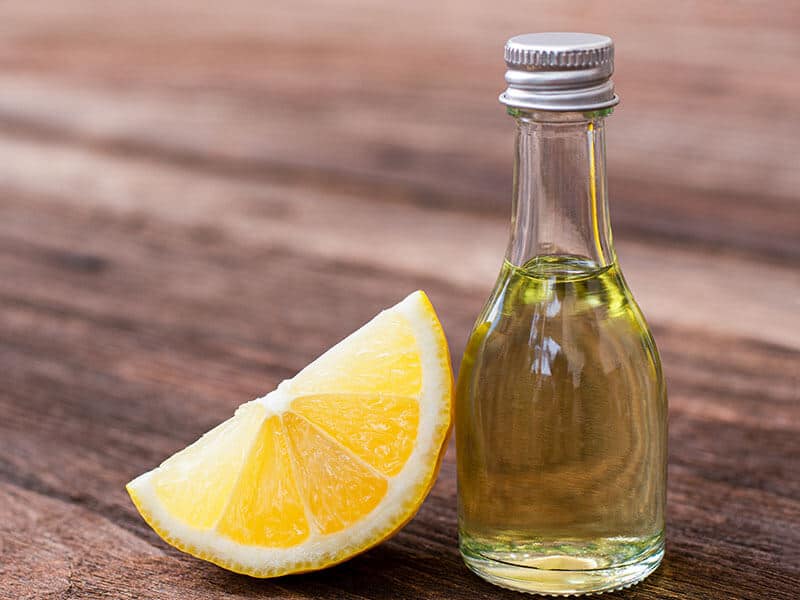
If you are in a rush to find a perfect lemon extract substitute because you ran out all of it at home and making it requires a lot of time, I have got your back! Discover these 13 excellent lemon extract substitutes and save them for later uses.
Lemon extract is a critical ingredient in various cooking and desserts, but it is not easy to find or make it yourself, especially during cooking. As a result, choosing a lemon extract replacement is the wisest choice in this situation.
Before getting into each lemon extract substitute that I want to introduce in this post today, let’s understand more about lemon extract itself through the information below!
Let’s Get To Know More About Lemon Extract!
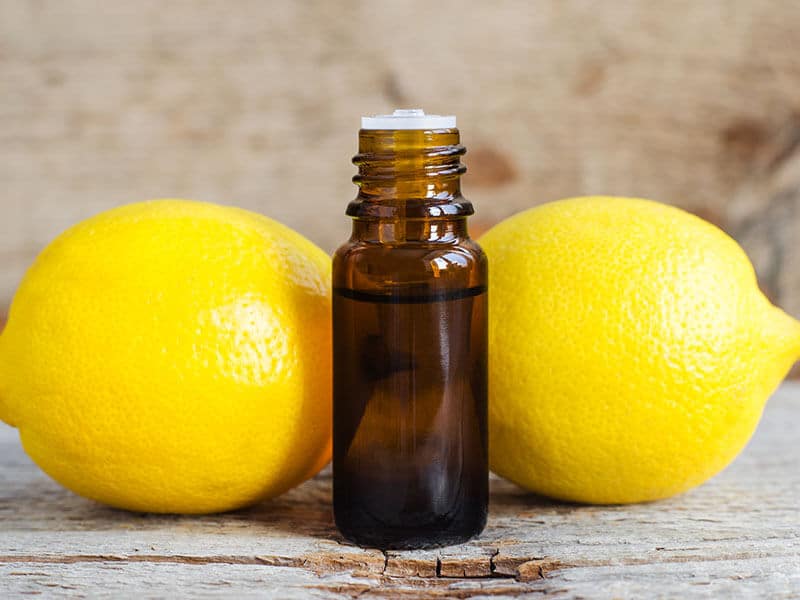
Are you curious about what lemon extract exactly is? Generally, the lemon extract is a flavored liquid that regularly appears in various dishes, especially desserts. For instance, you can find it in cake and frosting recipes as a vital ingredient.
People also use lemon extract in making salad dressings, pickles, and meat marinades. It enhances the taste of main courses to side dishes and desserts without overwhelming them.
What Does Lemon Extract Taste Like?
Since it is not made with lemon juice, the lemon extract has a bold lemon flavor. Also, the lemon extract does not give any hint of tartness because it is made from the lemon skin, not from the flesh like lemon juice. It is also terpeneless to ensure the best flavor.
Because the lemon extract does not contain acidity, it is the best choice for sour flavor lovers without damaging their stomachs.
How People Make Lemon Extract?
Lemon extract is made with fresh lemon peels and an alcohol base. People submerge lemon peels in an alcohol spirit, usually vodka, and allow the peels to release the essential oil and mix with the alcohol. Then, they remove the peels and distill the mixture of liquid collected.
The extraction process takes a vast amount of time, and it also requires meticulousness. I will introduce a more straightforward way to make your lemon extract at the end of the post. Do not miss it!
Essential Health Benefits Of Lemon Extract You May Not Know
As you know, citrus fruits such as orange, lime, and lemon are rich in fiber and vitamin C, which offer various crucial health benefits. Let’s see how the lemon extract is beneficial for your health!
- Boosts cardiovascular health: The high levels of vitamin C and fiber in lemon are beneficial for your heart as they help prevent heart diseases.
- Prevents and cures acne spots: The citric acid formed during the extraction has a function to prevent and cure your painful pimples.
- Fends off kidney stones: There is research that shows lemon extract can defend against kidney stones formation.
- Prevents the risk of cancer and fights against cancer: Lemon extract can lower the risk of cancer and kill cancer cells. But it needs more back claims on the human body.
- Helps in fever and cold treatment: Lemon extract is packed with a high level of vitamin C, which helps boost the immune system. Vitamin C can eliminate the virus that causes fever and cold.
In addition to a large number of advantages listed above, the lemon extract is also beneficial for reducing stress, declining microbial growth, and preventing the risk of sore throat. (1)
What Should You Know Before Replacing Lemon Extract?
Because the lemon extract substitutes are versatile, they have a slightly different texture or flavor. You should pay attention to choose the replacement that suits your recipe.
Take baking as an example; if you use lemon juice to substitute lemon extract in recipes containing dairy products, you have to add it and the end to avoid curdling. The reason is lemon juice is packed with more acid than lemon extract.
Therefore, leave an eye on what kind of substitute you are going to choose and whether it suits your recipe or not. Now, let’s jump right into the alternatives part for you to consider!
13 Lemon Extract Replacements Below Won’t Disappoint You!
After knowing more about lemon extract, you can see that it offers various advantages, significantly strengthening your dishes’ flavor. Nonetheless, maybe sometimes you don’t have any lemon extract to use. Consider one of these replacements which suit your recipe!
The table below indicates what these excellent lemon extract substitutes are and the suggested amount to use when substituting, check this out!
| Lemon extract alternatives | Quantity needed (For 1 teaspoon of lemon extract) |
| Citrus Zest | 1 teaspoon or more |
| Lemon Essence | 1 – 2 teaspoons |
| Citrus Essential Oil | ⅛ teaspoons and more |
| Citrus Juice | 2 teaspoons |
| Dry White Wine | 1 teaspoon and more |
| White Wine Vinegar | ½ teaspoon |
| White Vinegar | ½ teaspoon and more |
| Limoncello | 1 – 2 teaspoon |
| Lemon Verbena | Start with a bit of amount and add more later |
| Cream of Tartar | ½ teaspoon |
| Citric Acid Powder | ¼ teaspoon |
| Other Extracts | 1 teaspoon |
| Homemade Lemon Extract | 1 teaspoon |
1. Citrus Zest
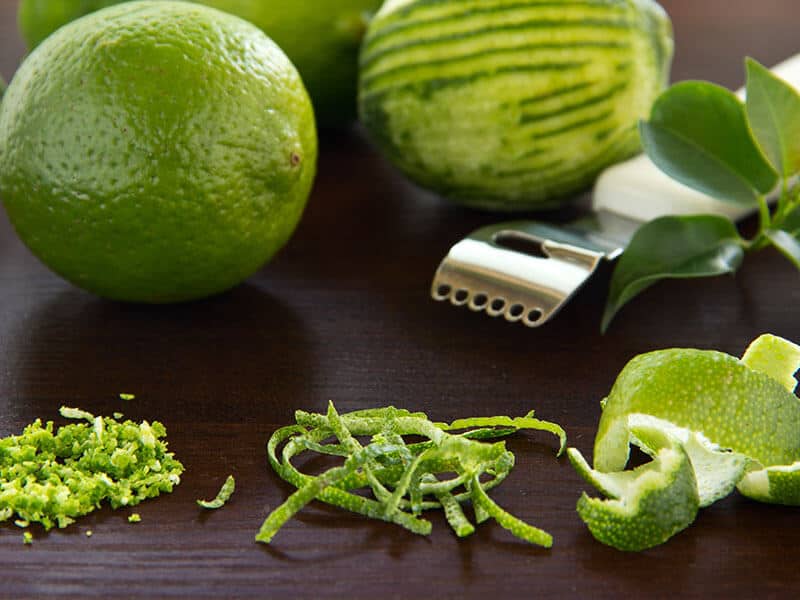
Citrus zest is also a fantastic replacement for lemon extract as it shares the same citrusy flavor but does not contain acid or water to curdle your foods. You can use lemon, orange, or lime zest to substitute lemon extract. They give similar results.
The most convenient way to have citrus zest is by using a Microplane. But, using a grater or zester in case you do not own the Microplane also works well. Stop as soon as you reach the spongy white line (the pith), as its bitter taste will ruin the dish.
To substitute lemon extract with lemon, lime, or orange zest, you can use an equal amount of zest in place of the lemon extract called for and add more if desired. The citrus zest can work well as an alternative for lemon extract in any recipe.
2. Lemon Essence
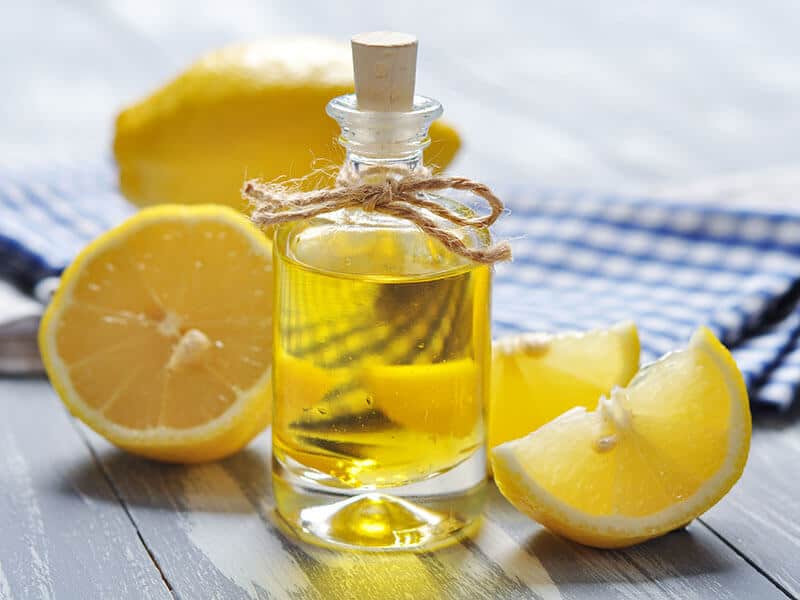
Lemon essence shares a similar lemony flavor with lemon extract, but it is slightly weaker. It can be a more affordable substitute for lemon extract. In addition, it also lasts longer.
Lemon essence is made from artificial color, flavoring, and other chemical elements to imitate lemon extract’s lemony flavor and aroma.
It is not recommended to add lemon essence in soups or dressings, but it works well in lemon cakes, puddings, and cookies as it adds a great depth of flavor. Pure essence is also an ingredient in marinades, chutney, pies, chocolate sauce, and syrup.
You can use a teaspoon of lemon essence to replace every 1 teaspoon of lemon extract. In some recipes that need a more decisive lemony kick, it is acceptable to double the amount of lemon essence without overpowering your dishes.
3. Citrus Essential Oil

The lemon or lime essential oil can also substitute lemon extract in some recipes. However, you need to check the label carefully to make sure that it is food-safe oil.
Lime oil is a bit harder to find than lemon oil. Although they share a similar flavor with lemon extract, they are much more concentrated. These citrus essential oils can replace lemon extract in both savory and sweet dishes.
As a result, the ratio to substitute citrus essential oils for lemon extract is 1:⅛, use ⅛ tsp of each oil to replace 1 tsp of lemon extract. From there, you can add more to develop a more intensive flavor. But you should add 1 drop at a time.
Make sure you use the ingesting essential oil to make this delicious chicken dish!
4. Citrus Juice
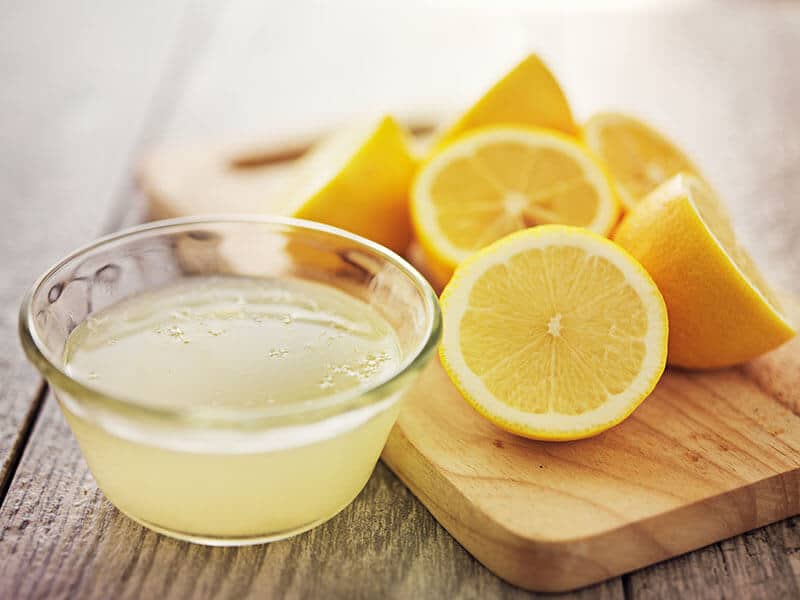
Using citrus juice as an alternative lemon extract is a wise choice because you can keep the fresh lemony flavor. You can use any kind of citrus juice, especially lime, orange, and lemon juice. However, the juice is less concentrated and very acidic.
You should pay attention to the amount needed. The ideal quantity used to replace lemon extract with citrus juice is 1:2; use 2 tsp of citrus juice for every 1 tsp of lemon extract. Depending on your recipe, you can adjust the amount to compensate.
It is better to add lemon, lime, or orange juice to dressings or marinades as the acid won’t affect the dish’s flavor. For dairy-based recipes, you have to add the juice at the end of the making process; otherwise, your mixture will curdle or lose consistency.
Bring a whole new flavor of the lemon chicken with this fantastic marinade!
5. Dry White Wine

Since unflavored alcohol base is a crucial ingredient of lemon extract, citrus-flavored white wine can work well as a lemon extract substitute. You should choose dry and light-bodied white wine so as not to overpower your dishes.
You can use lemon-flavored wine in various savory and sweet recipes. The best dish you must try is lemon white wine sauce, which has a robust aroma and excellent flavor.
Besides, dry white wine works amazingly in lighter dishes. Some light recipes for your consideration are vegetables, pork, soup, seafood, chicken, and shellfish.
If you decide to make homemade lemon wine, consider Sauvignon Blanc, Pinot Blanc, or Riesling. The substitute ratio is 1:1, use 1 tsp of dry white wine to alternative 1 tsp of lemon extract, then add more depending on your taste.
How about making this chicken recipe with delicious white wine sauce for a cold dinner?
6. White Wine Vinegar
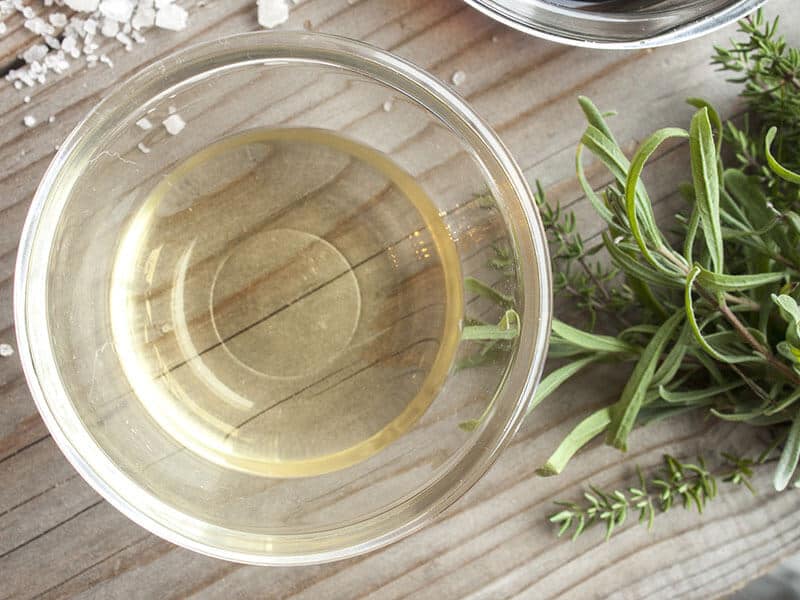
White wine vinegar is a go-to option for lemon extract substitute in dishes that do not take lemony as the center stage. It has a slightly fruity and light flavor since it is made from fermenting white wine with a tangy flavor.
It does not offer an intensely sour flavor because of the lower acid contained. You can add white wine vinegar to salad dressings, sauces, or poultry marinades. Moreover, you can add white wine vinegar to the braising stock for bright acidity.
What’s more? People also use white wine vinegar to make pickling brine for seasonal fruits and veggies.
To prevent your dishes from being overwhelmed, you should start with a half spoon of white wine vinegar and determine whether you want to add more sour flavor to your plate later.
There is a mouth-watering Italian salad dressing using white wine vinegar I want to introduce to you!
7. White Vinegar
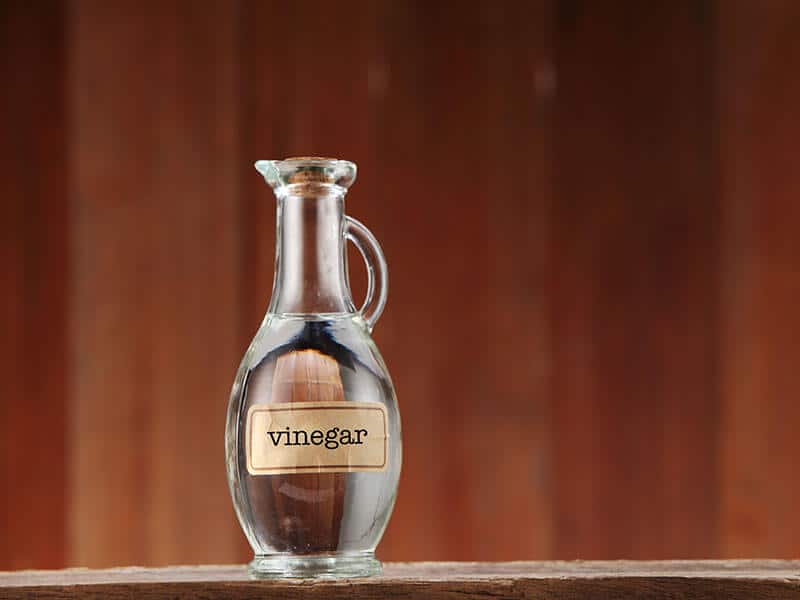
White vinegar is also a decent lemon extract substitute in recipes that do not emphasize the flavor of lemon. You can buy this magical flavoring at a pretty low price, and it is also effortless to find at any grocery store.
People made white vinegar by fermenting vodka-like grain alcohol. It develops bacteria and forms acetic acid, which makes white vinegar taste very sour. You can use it to replace lemon extract in salad dressings.
On top of that, you can also use white vinegar to make pickling brine by combining it with pickle spices and water. It also lights up the marinades and sauces with an extra zing of flavor.
The substituting ratio is 1:½. You should start with a half teaspoon of white vinegar and add more later if you want more tartness to your dishes.
8. Limoncello
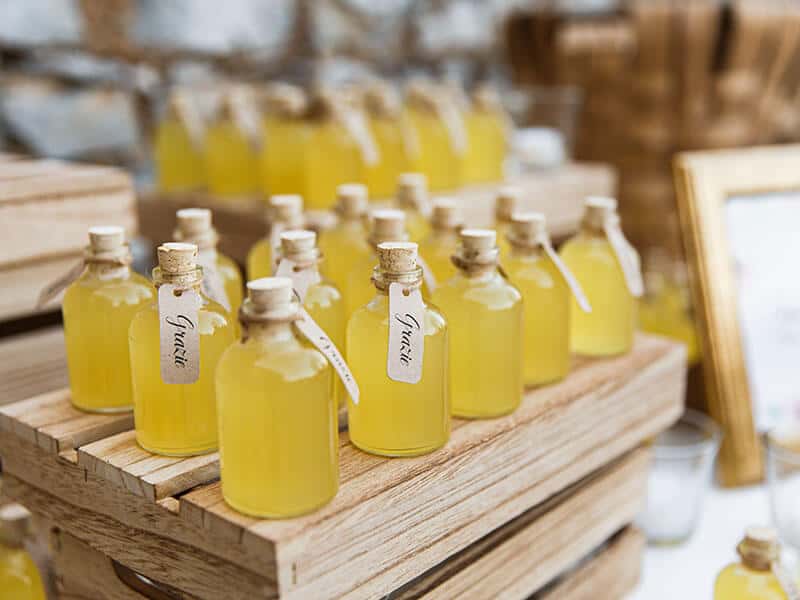
You can also swap lemon extract with liquor, especially limoncello, as it contains lemon peels to provide a similar citrus-forward flavor as lemon extract. It is made with lemon zest and alcohol.
Because it is a liquid and less dense compared to lemon extract, you should consider reducing the amount of other liquid ingredients in the recipes to compensate. You can use 1 or 2 teaspoons of limoncello to replace a teaspoon of lemon extract.
Besides limoncello, there are still other liquors you can use. For instance, raspberry-flavored Chambord or almond-flavored Amaretto can also be lemon extract alternatives if they suit the recipes you are going to make.
9. Lemon Verbena
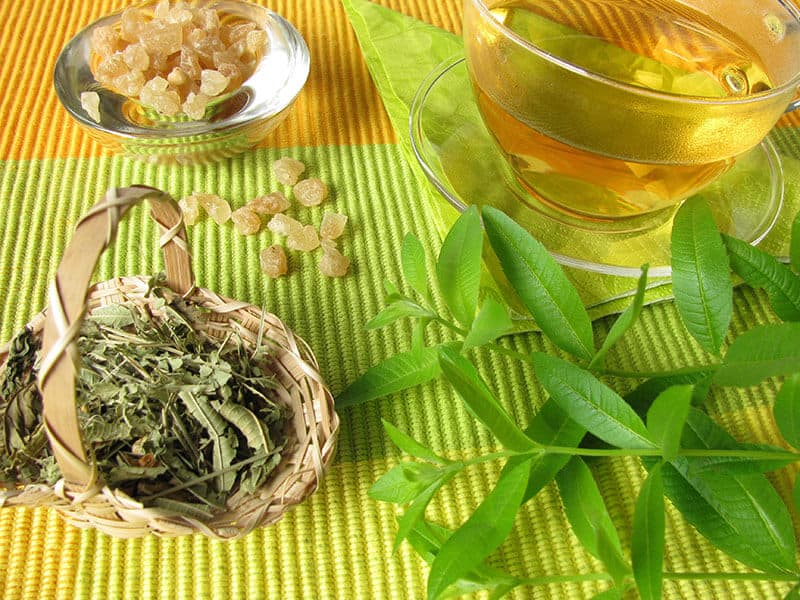
Here is a fresh and aromatic herb that can replace lemon extract. Lemon verbena offers a refreshing lemony flavor and a citrusy aroma. Like lemon extract, it does not contain any acid.
Lemon verbena tastes slightly sweet, bright, herbaceous with a hint of lemon. The use of lemon verbena is versatile, ranging from medicine to manufacturing. When talking to food, it is mostly used in making jams and baking citrusy sweet desserts.
It also pairs well with olive oil-based salad dressings, lemon ice cream. What’s more? People use it to season poultry dishes and soups. It is also infused into sugar and vinegar.
To substitute lemon extract, I recommend starting with a small amount of lemon verbena before adding more to suit your eating habit.
10. Cream Of Tartar
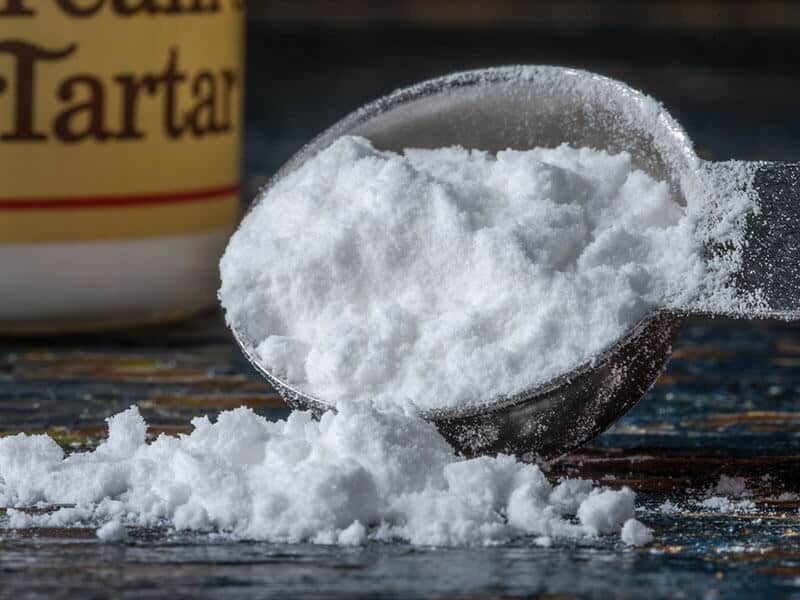
Cream of tartar is a powdery acid that is widely used in baking desserts and cleaning. It can replace lemon extract thanks to its acidic component that is also contained in lemon.
Some outstanding advantages of using a cream of tartar are stabilizing whipped cream and egg white, preventing crystallization of sugar syrup, or maintaining the bright color of boiled vegetables.
Like vinegar, you should not use cream of tartar in recipes that emphasize the lemony flavor. To have a satisfying result, you should use ½ teaspoon of cream of tartar in place of a teaspoon of lemon extract.
11. Citric Acid Powder
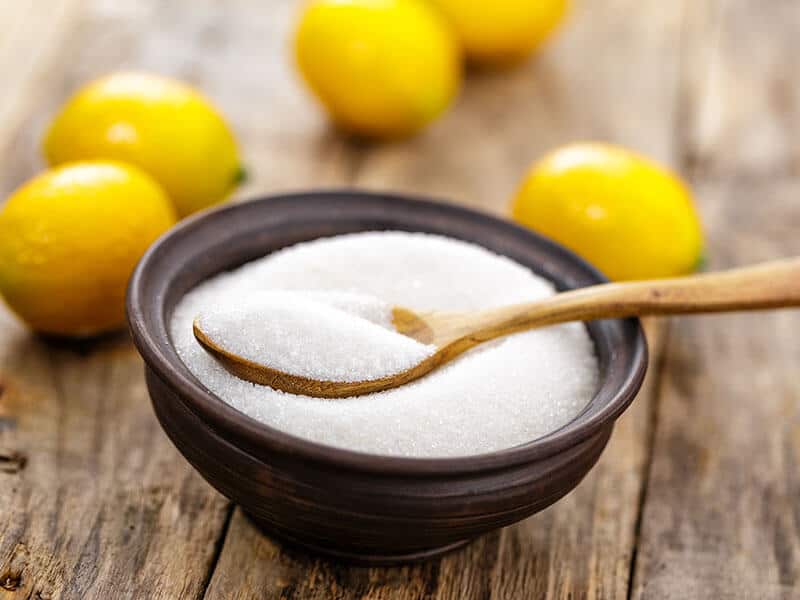
The last lemon extract substitute that I want to introduce is also a fine powder: citric acid powder. Sometimes you may come across it under the name sour salt. It is considered one of the most popular food additives all over the world.
The citric acid powder can alternate lemon extract because citric acid is found naturally in lemon and lime. People usually use citric acid powder to enhance the lemony flavor of the dishes or use preserved ingredients.
To have the best substituting result, you can use ¼ teaspoon of citric acid powder to substitute 1 teaspoon of lemon extract.
12. Other Extracts
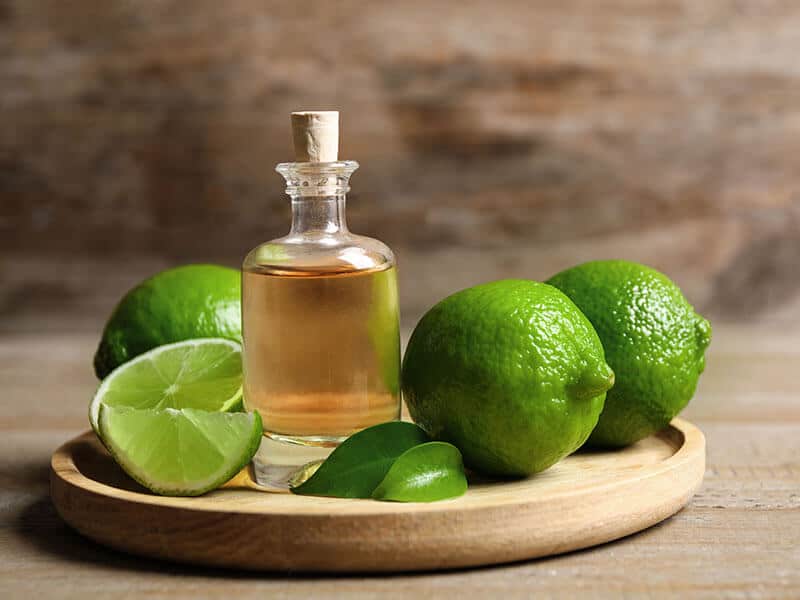
Extracts from other citrus fruits are also a must-try alternative for lemon extract. You can use the orange or lime extract to keep a similar citrusy flavor. On top of that, almond and vanilla extracts are also great swaps in specific recipes.
The 1:1 ratio is suggested when substituting lemon extract with other extracts; use a teaspoon of orange, lime, almond, or vanilla extract for a teaspoon of lemon extract.
The dishes you can add extract substitutes to are ice creams, cakes, muffins, or any other desserts that call for a bold lemony flavor. On top of that, lime extract works well in fish and poultry marinades.
13. Homemade Lemon Extract
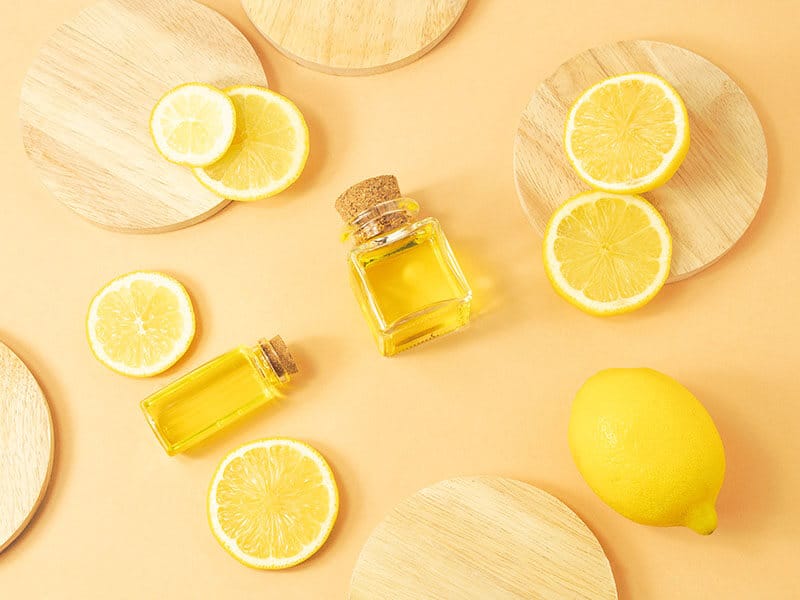
If all of the substitutes can not satisfy you, you can make your lemon extract to add the exact lemony flavor you desire. Grab a couple of things below to make lemon extract like a pro!
- A clean jar with a tight lid
- 2 lbs of organic lemons
- A Microplane (a zester, grater, or vegetable peeler is OK)
- 3 cups 80 or 100-proof vodka (food-grade glycerin is acceptable)
As you can see, the ingredients needed are too easy to find. Now, let’s move to the straightforward instructions!
- Step 1: Wash your fresh lemons thoroughly under cold water and allow them to dry.
- Step 2: Peel the lemon yellow skin with a prepared Microplane or other equipment. Avoid the pith because it will give an unwanted bitter flavor.
- Step 3: Place the lemon peels in a clean jar, just fill ⅔ of the jar
- Step 4: Pour the vodka or food-grade glycerin over the lemon peels. Make sure that the peels are submerged in the liquid. Then seal and shake the jar.
- Step 5: Store the jar in a dark, dry, and cool place for 4 to 6 weeks. Remember to shake the jar once a few days in the very first week and occasionally after the first week.
- Step 6: When it reaches the intensity you desire, remove the lemon peels and transfer the section to another clean jar.
Note: Using food-grade glycerin to make lemon extract requires more time than 6 weeks. It depends on the temperature of your home and how intense you want. (2)
Let’s learn how to thoroughly make a fantastic lemon extract by following this detailed guide!
FAQs
Before I round up this article, I will answer some confusions you may have during the reading process. Check them out to choose the most suitable lemon extract substitute for your dishes.
A Little Reminder To Have A Better Substituting Result
I have introduced to you various excellent substitutes for lemon extract. Nonetheless, they are slightly different in flavor, especially the level of acidic flavor and texture.
Therefore, no matter what alternative you use, you should pay attention to the recipe to adjust other ingredients to compensate as well as not change your final cooking result.
Please like and share this article. I will be back with other helpful and exciting information. If you have any additional confusion, feel free to leave a comment below. I am always willing to help. Thanks for reading my article!
References
- Onlymyhealth.com.. Health Tips | Healthy Life Ideas | Health Care News | Home Remedies For Health | Expert Weight Loss.
- Dessinger, H.,. How To Make Lemon Extract.

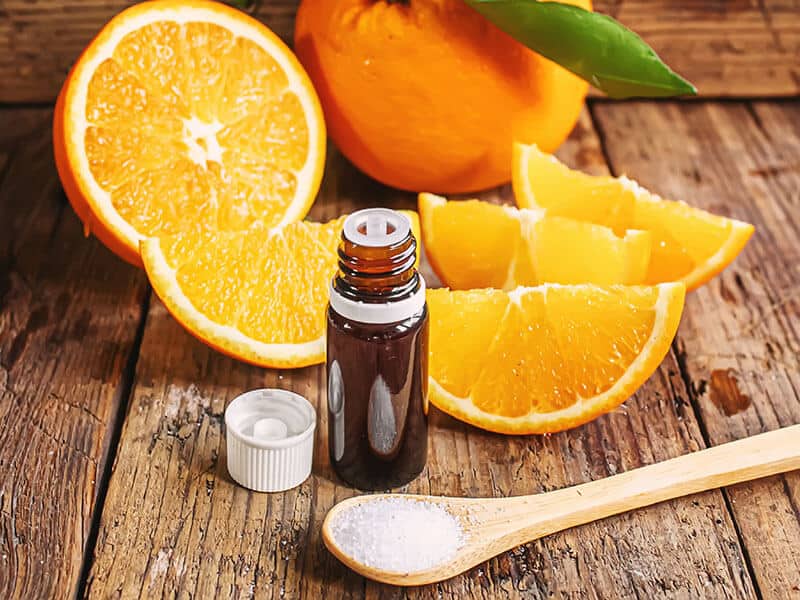
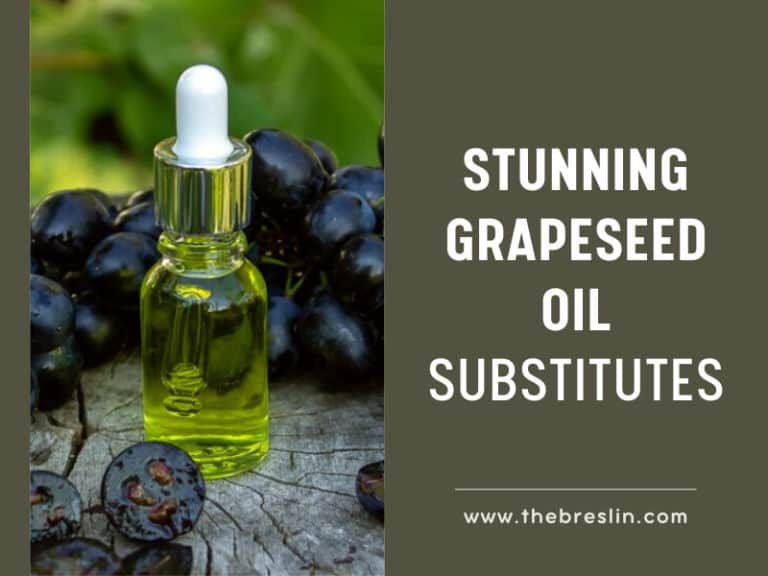
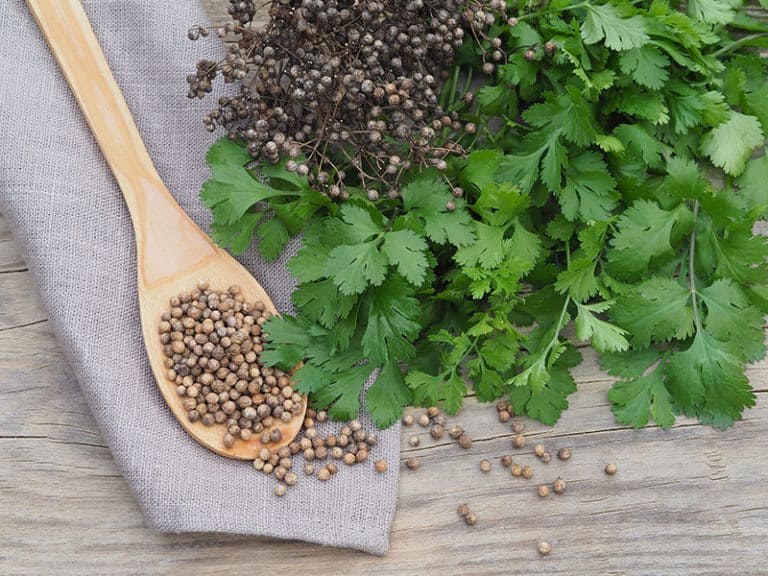
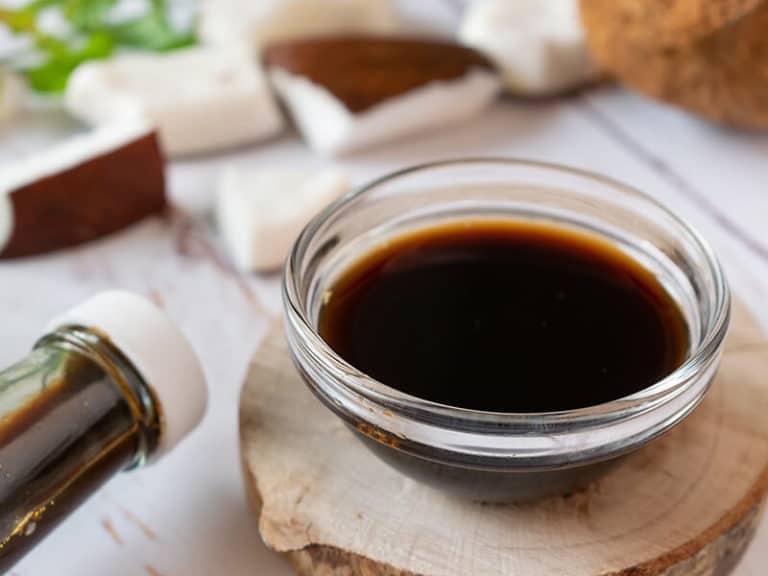
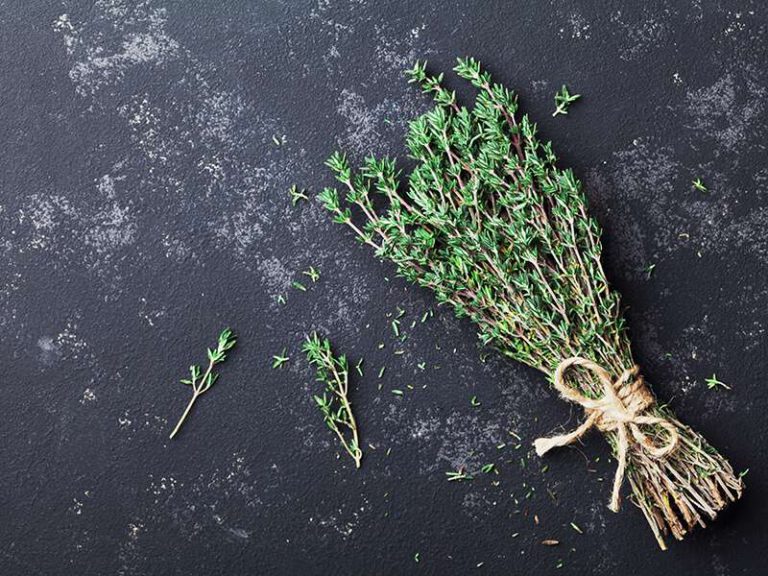
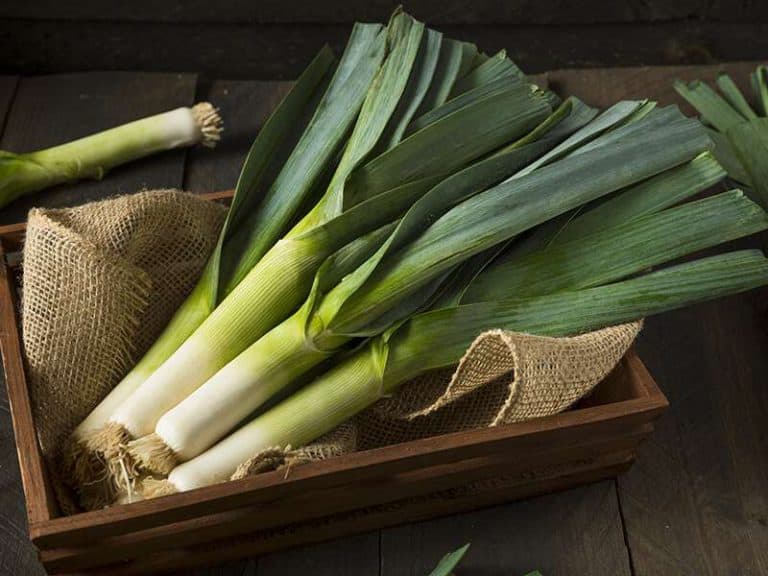
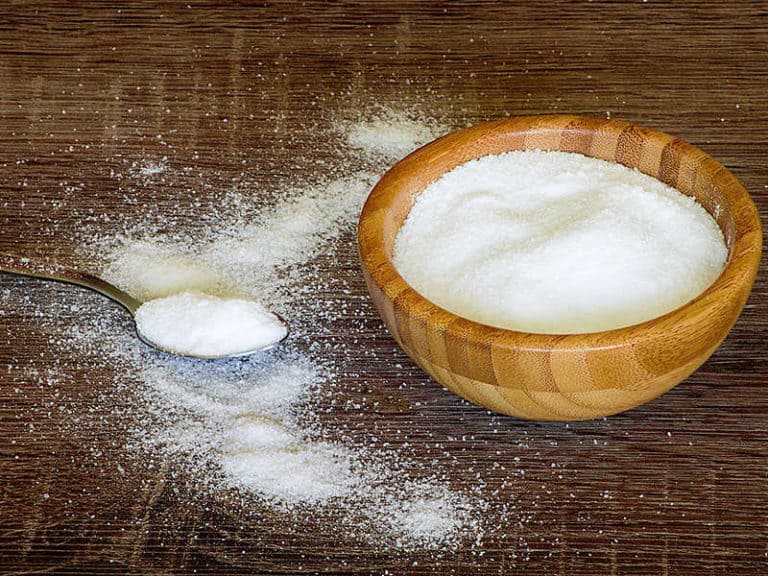
Amanda Collins
Founder and Senior Culinary Editor
Expertise
Culinary Arts and Management, Food Journalism and Critique, Recipe Development and Testing, Global Culinary Traditions, Sustainable Food Practices
Education
Institute of Culinary Education (ICE), New York, NY
Program: Diploma in Culinary Arts
Focus: Intensive hands-on training in culinary techniques, recipe development, and kitchen management, preparing students for professional roles in the culinary industry.
Monroe College, New Rochelle, NY
Program: Associate in Applied Science in Culinary Arts
Focus: Practical culinary skills, including cooking techniques, menu planning, and kitchen operations, with an emphasis on hands-on experience and industry standards.
Amanda Collins is a seasoned chef and food editor with a deep love for global flavors. Trained at the Institute of Culinary Education and Monroe College, and with over 15 years in the culinary field, Amanda has refined her skills in kitchens worldwide. Her background in food studies gives her a unique ability to share both recipes and the cultural stories that shape them.
As senior culinary editor at thebreslin.com, Amanda’s work brings authentic dishes to life, inviting readers to explore new flavors and techniques from around the globe. Her approachable style makes it easy for anyone to bring a bit of the world’s cuisine into their kitchen.